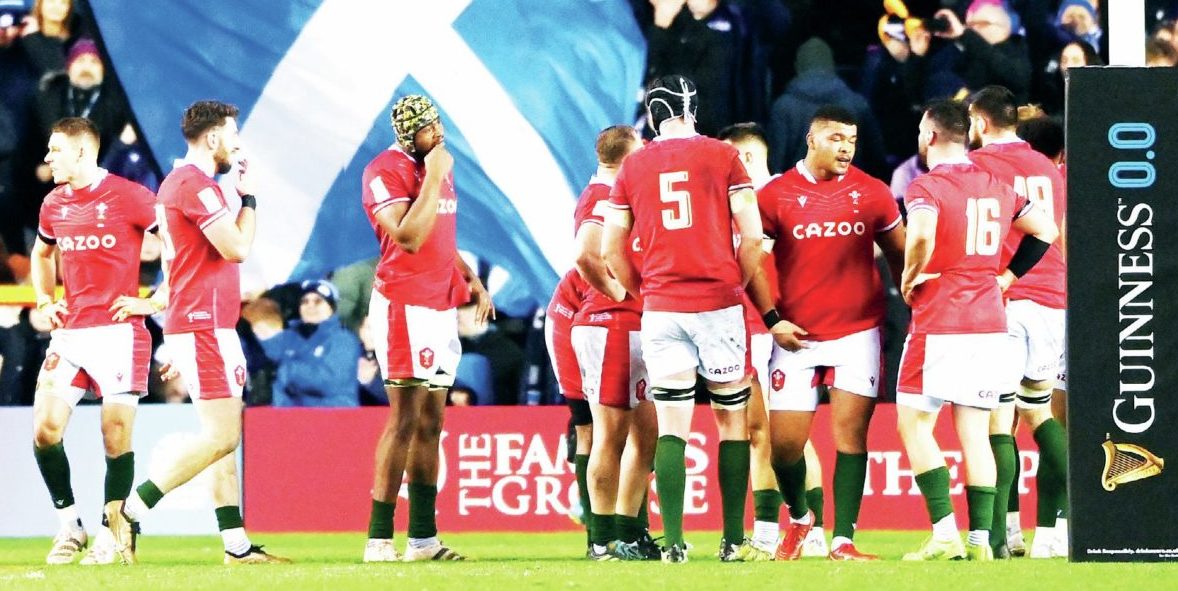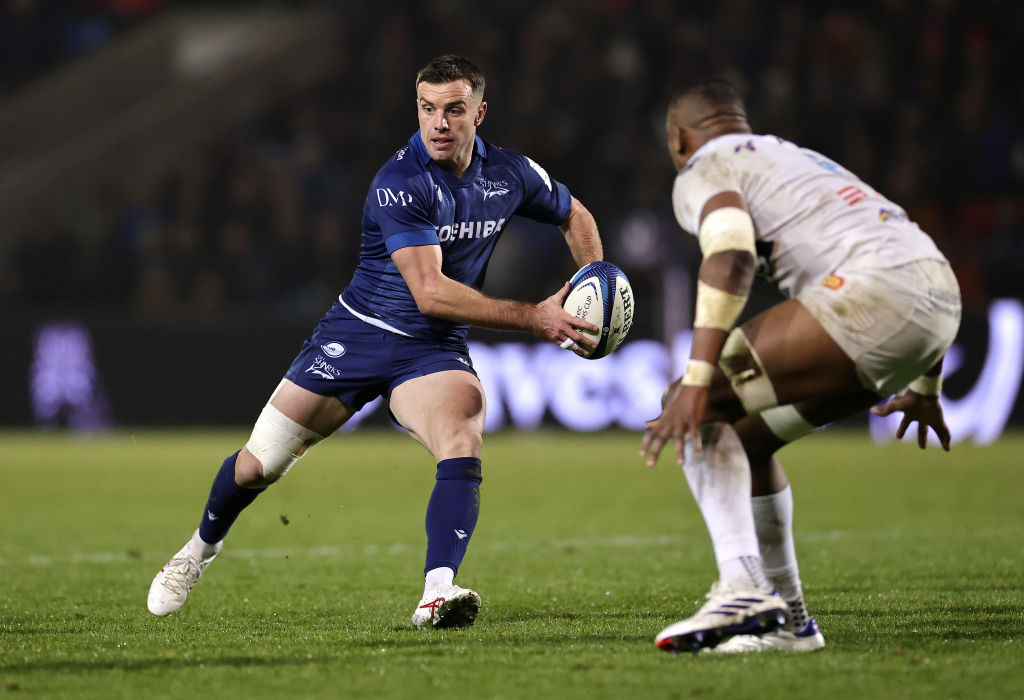
The slow financial recovery from the pandemic showed in recent statements from the Scottish and Welsh unions who are both overseeing periods of austerity which they expect will turn into growth.
Scottish Rugby last week announced that it made a loss of £6.7m for the 12 months ending in May this year, an improvement on the £10.5m it lost the year before.
It projects next year’s loss to be £3.1m and expects to break even in 2025-26, moving into profit after that.
Future recruitment has been paused, with the exception of the chief executive and performance director roles: 35 employees are at the risk of redundancy as a result of what Scottish Rugby calls its financial reset programme which was given a two-year timetable from the start of this month.
Its two professional teams, Edinburgh and Glasgow, who last month defeated the Bulls in Pretoria to win the United Rugby Championship, will not have their funding cut next season.
“Capital investment will focus on stadium improvements and development to improve customer experience and revenue opportunities through increased hospitality offerings,” said Scottish Rugby, “as well as on increasing wider sponsorship opportunities and commercial partnerships.”
Scottish Rugby Union’s chair Lorne Crerar, below, said the financial resort was necessary to ensure the future health of the game north of the border.
“It was clear that the journey of Scottish Rugby, as manifested by the £10.5m loss, had to fundamentally change course,” he went on. “Much work has been done to develop a strategy for the next 10 years which will transform the way the organisation works and allow us to build a robust financial future.
“Although the challenges going forward for Scottish Rugby are significant, we have every confidence in the Scottish Rugby Limited board to navigate these difficulties grounded upon the new strategy and operational budget for the current financial year and beyond.

“The proposed loss of colleagues in this evolving process is deeply upsetting for all involved in Scottish Rugby and underpinning the approach will be principles of fairness and empathy.”
At least Scotland have enjoyed success at club level through Glasgow. Wales will not be represented in next season’s Champions Cup for the first time: although Ospreys finished eighth in the URC, they lost their place when the Sharks, who had finished in the bottom half of the table, defeated Gloucester in the Challenge Cup final.
The crowd attendances generated by Glasgow and Edinburgh in the league last season veered between 5,400 and 7,700 with no improvement in the Champions and Challenge Cups, although they did attract nearly 38,000 to Murrayfield for the league encounter at the end of last year.
The Welsh regions have in their 21 years struggled to attract support, although Cardiff did record some sell-outs last season despite wallowing at the wrong end of the table, and a difference with Ireland is the crowds, and with it income, their three main provinces pull in.
The Welsh Rugby Union last month announced a five-year plan for the game, although its full details will not be revealed until later in the year. The four regions will have a £4.5m salary cap next season, a reduction from £5.2m, although two marquee players are excluded from the cap.
The WRU, which is carrying £20m of debt on a turnover of £100m, said there would be a £29m funding gap for the regions over the next five years, putting the future of at least one of them in doubt. The Union believes they each need an extra £2m of funding a year to be competitive.
“The level of investment required to make four regions competitive is significant and we have a big gap to close,” said Abi Tierney, below, the WRU’s chief executive.

“There are ways to address that, by growing income or restructuring the debt, but if we can’t do that, then perhaps we need to look at the regional structure. You could cut the number of regions so that you’ve got less to invest in or to have two regions who get more money and two who are at a lower level or even the Irish model of 3+1.
“We are working towards investing in the regions to the level we need to. The priority is closing the gap and that could involve looking at different funding models.
“When I came in (last January), it struck me that we’re not running rugby as a business,” added Tierney. “We are spending too much money and we can’t survive with the way we are going now. We are going to have to make some hard decisions to get some sound financial foundations.
“At the heart of this strategy is success on the field because everything else falls from there. We will never be the biggest or richest rugby nation, but we can be the smartest and we hope this strategy will help us all fall back in love with the game.”
Wales and Scotland are both handing over a wedge of their annual income to CVC, the private equity firm that bought rights in the URC and the Six Nations in return for a chunk of money.
“If you asked us whether they offered us the same deal now would we do it, the answer is no because all it does is bring forward cash but it sells out the sort of future asset you have in value,” said Richard Collier-Keywood, the WRU chair. “We were spending £15m more than we actually had. It was funded by selling assets that we had to CVC but it means that in the future our income streams will be reduced because we’ve sold some of our media rights.
“The original idea was to invest that into new assets which would generate income for the URC, but it went towards helping the WRU and the regional clubs survive Covid. Moving forward we have a funding gap because you can’t just cut off expenditure.”
Wales and Scotland are not alone. The French Rugby Federation is expected to lose some £12m this year despite hosting the World Cup. And so when the French squad left last week for their tour of South America, the backs and coaches sat in economy class while the forwards, generally taller and heavier, lounged in business class.
And so the push to elite competitions, the best against the best. And the rest?
For exclusive stories and all the detailed rugby news you need, subscribe to The Rugby Paper website, digital edition, or newspaper from as little as 14p a day.


Latest News
George Skivington playing it smart at Gloucester

English Championship
English second tier gets rebrand to ‘Champ Rugby’





















You must be logged in to post a comment Login